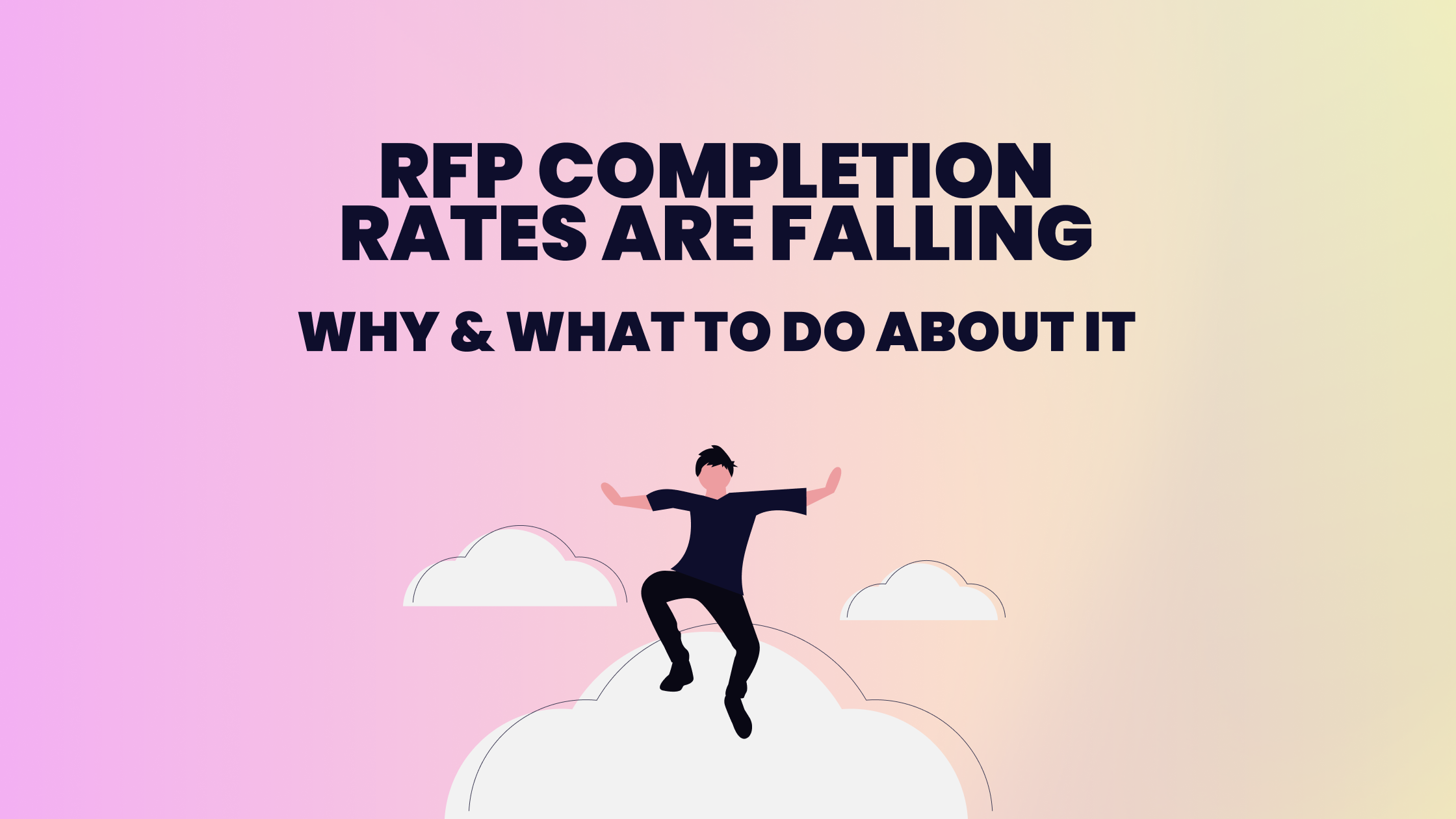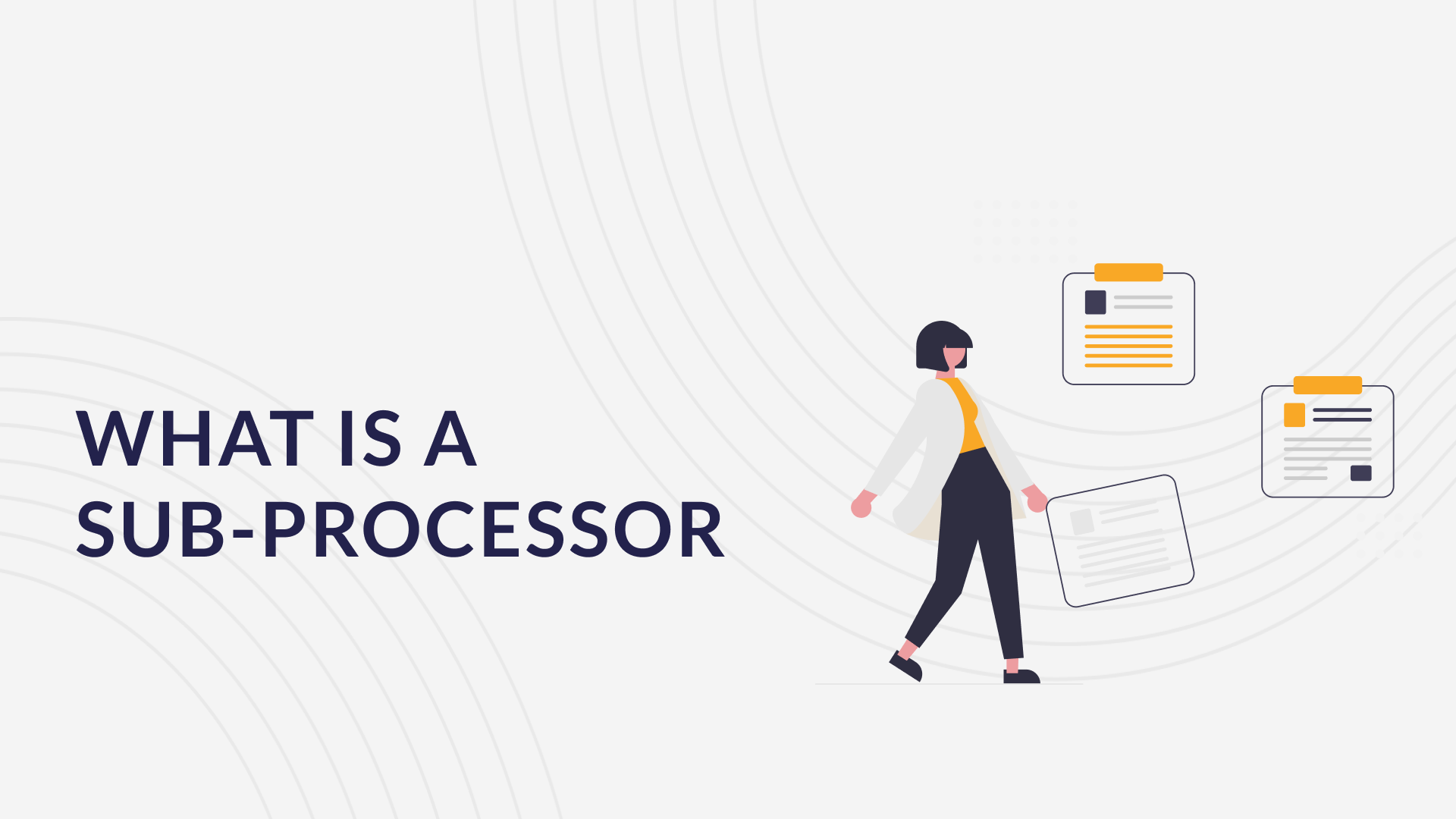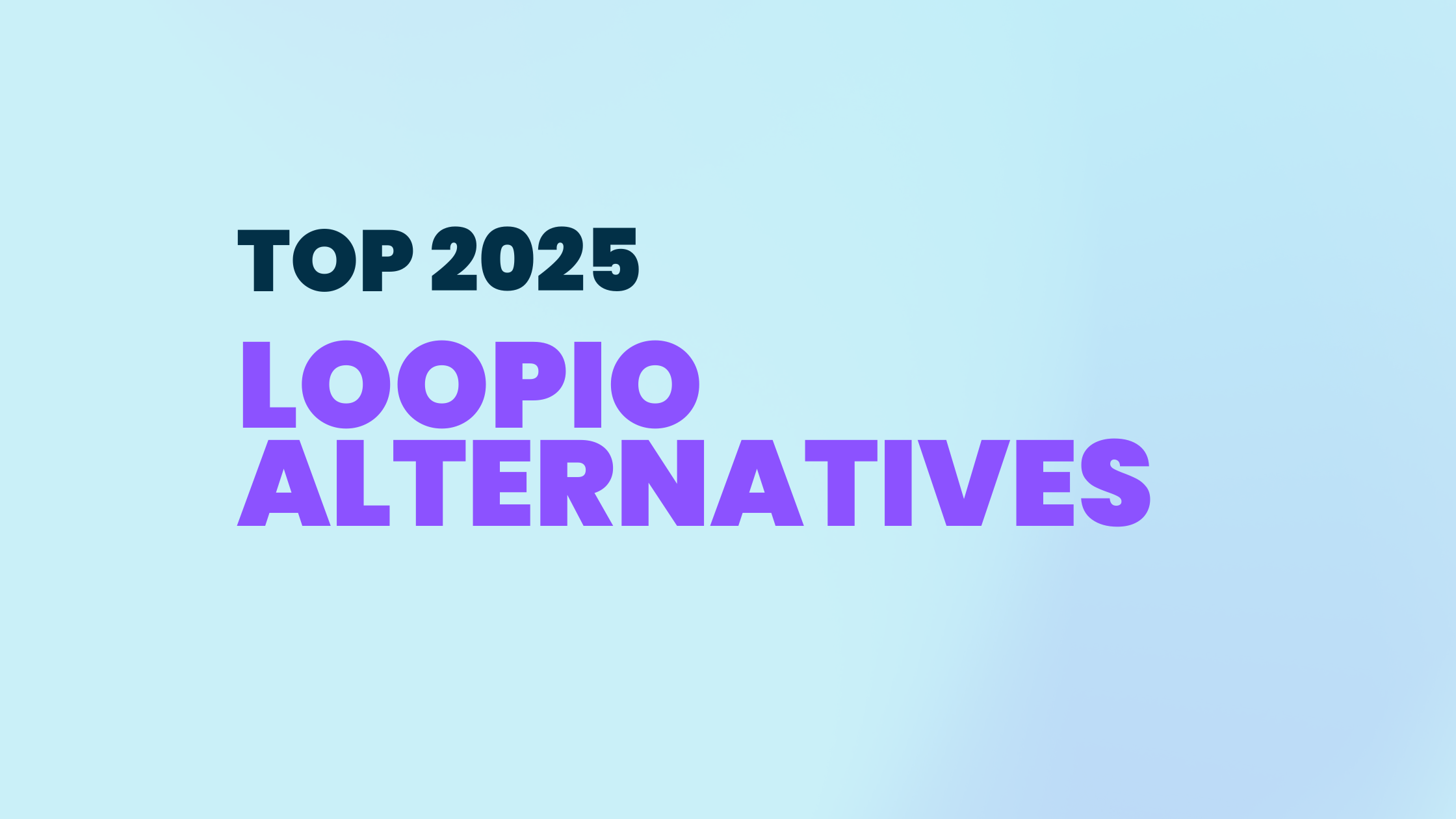Responding to RFPs (Requests for Proposals) is a critical but complex part of winning new business, especially for teams in competitive B2B industries like SaaS, construction, or government contracting. An RFP is a document issued by a company or government agency seeking proposals from vendors to complete a specific project or service. The RFP bid is your formal response, outlining how you meet the buyer's needs, often under strict deadlines and compliance requirements.
Bid management refers to the structured process of preparing, organizing, and submitting these proposals. Without the right tools, it’s easy to miss deadlines, recycle outdated content, or make costly errors. That’s where RFP bid management software comes in.
Who is this for?
If you’re a proposal manager or sales lead at a B2B SaaS, construction, or government-facing company struggling with tight RFP deadlines and manual workflows, this guide will help you adopt bid management software to streamline collaboration, reduce errors, and win more deals.
What is RFP Bid Management Software in 2025?
Definition and Scope of RFP Software
RFP bid management software is a digital platform designed to streamline the end-to-end proposal process (from importing questionnaires to submitting polished, compliant responses). It serves as a central hub for collaboration, content management, and performance tracking.
How Bid Management Software Supports Proposal Teams
Whether your proposals involve sales, legal, security, or compliance teams, bid software enables smoother workflows. It consolidates content, automates responses, and helps users stay on track with reminders, templates, and collaborative tools.
Differences Between RFP, Bid, and Tender Software
While often used interchangeably, there are differences:
- RFP software focuses on managing responses to structured questionnaires from clients.
- Bid software supports the broader sales proposal process, often with document-based bids.
- Tender software is typically used in public procurement and emphasizes compliance with government frameworks.
Understanding the RFP Process and Its Challenges
Common Bottlenecks in Manual Bid Management
Manual workflows like spreadsheets, emails or copy-pasting from old documents; create delays and increase error risk. Content is often siloed across departments, making it hard to respond efficiently.
Why Teams Struggle with Proposal Deadlines
Short turnaround times, unclear ownership, and repetitive tasks cause teams to fall behind. Without automation or standardized templates, it’s easy to miss deadlines or submit subpar proposals.
The Cost of Poorly Managed Bids
Poor bid management means more than just missed opportunities, it can lead to reputational damage, compliance issues, and wasted internal resources. Win rates drop, and so does team morale.
Top 5 Essential Features of RFP Bid Management Software
1. Centralized Content Library with Auto-Suggestions
Store approved answers, policies, and boilerplate responses in one place. Smart suggestions reduce duplication and ensure consistency.
2. AI-Powered Response Generation and Compliance Checks
Modern tools use AI to autofill common answers and highlight missing data or inconsistencies.
3. Real-Time Collaboration and Role-Based Access
Enable sales, security, legal, and leadership teams to work in parallel without stepping on each other’s toes. Role-based permissions ensure sensitive data is only seen by the right people.
4. CRM and Project Management Integrations
Seamless sync with tools like Salesforce or HubSpot helps keep your deal pipeline and project workflows aligned.
5. Analytics Dashboards for Win Rate and Performance
Track time spent per question, win/loss trends, and response quality to improve future bids.
AI and Automation Capabilities in Modern RFP Tools
AI-Based Tender Detection and Pre-Qualification
Some tools scan portals, emails, or documents to detect new tenders and match them to your capabilities, filtering out bad-fit opportunities.
Automated Compliance Matrix Generation
Instantly build matrices to show how your solution meets every requirement, especially useful for regulated industries.
Smart Answer Matching from Historical Proposals
Save time by reusing the most relevant past responses, tailored by AI to match new questions.
Evaluating Bid Management Software for Your Organization
Checklist: Must-Have vs Nice-to-Have Features
Must-haves: AI response engine, content repository, collaboration tools.
Nice-to-haves: Custom branding, voice input, API integrations, offline access.
Demo Evaluation: What to Look For
- How intuitive is the interface?
- How fast can you respond to a full questionnaire?
- How accurate is the AI in suggesting answers?
Security and Data Privacy Considerations
Ensure the tool is compliant with GDPR, SOC 2, or relevant frameworks. Ask about data residency, encryption, and access controls.
Best Use Cases and Industry Applications
Construction and Subcontractor Bid Management
Manage multi-vendor submissions, track costs, and coordinate stakeholders across regions or time zones.
Government and Public Sector RFPs
Handle FOIA compliance, track submission deadlines, and align with procurement rules.
Software and SaaS Proposal Automation
Accelerate deal cycles, reduce manual effort, and keep up with fast-moving security or compliance requests.
Future Trends in RFP and Bid Management Software
Predictive Analytics for Win Probability
AI models can now estimate your chance of winning a bid, helping you prioritize the right opportunities.
Voice-Activated Proposal Drafting
Tools are experimenting with voice-to-text features for even faster drafting and editing.
AI-Powered Competitor Benchmarking
Some platforms analyze past RFPs to compare your performance and positioning against competitors.
Key Takeaways & Wrap Up
Bid management is no longer just about organizing spreadsheets, it’s about accelerating growth. With the right RFP bid management software, you can improve win rates, reduce stress, and respond in minutes, not days. This blog has helped you understand:
- RFPs are complex, but software can simplify the process.
- Look for AI-powered tools with strong collaboration and integration features.
- Evaluate tools not just on features, but on speed, accuracy, and security.
- The best teams leverage automation to scale efficiently.
RFP Bid Management Software - FAQs
What is RFP bid management software?
It’s a platform that automates how companies respond to RFPs: managing content, deadlines, and collaboration.
How does AI help in bid management?
AI suggests answers, checks for compliance, and reduces manual work, making responses faster and more accurate.
Is RFP software only for large enterprises?
No. Modern SaaS tools are scalable for startups, mid-market companies, and large enterprises alike.
Can RFP software integrate with my CRM?
Yes. Most leading tools offer integrations with Salesforce, HubSpot, and others.
What industries benefit most from RFP automation?
Tech, construction, healthcare, finance, and public sector firms all see strong ROI from bid automation.



